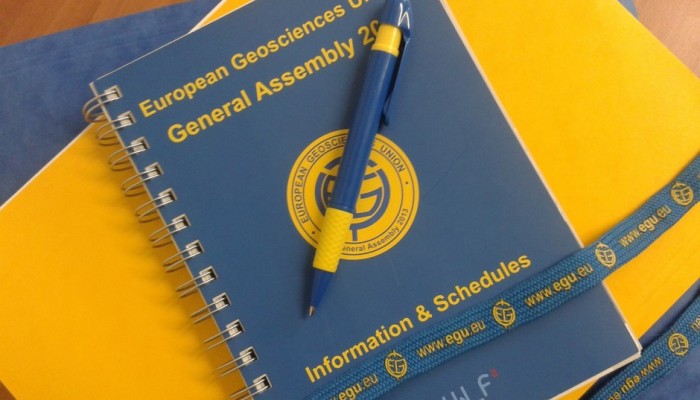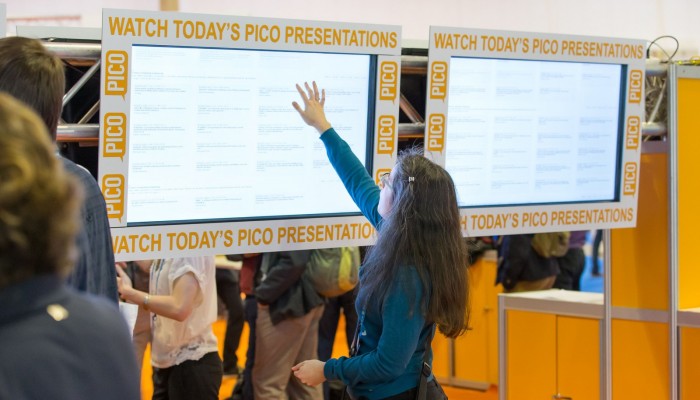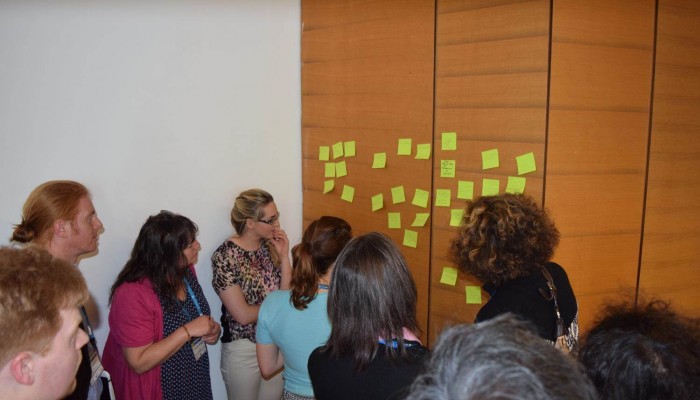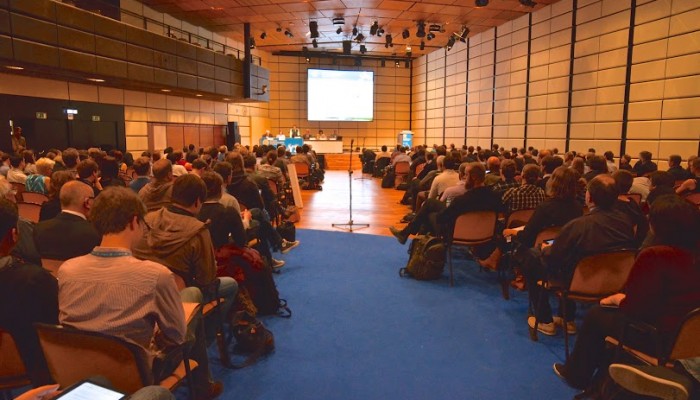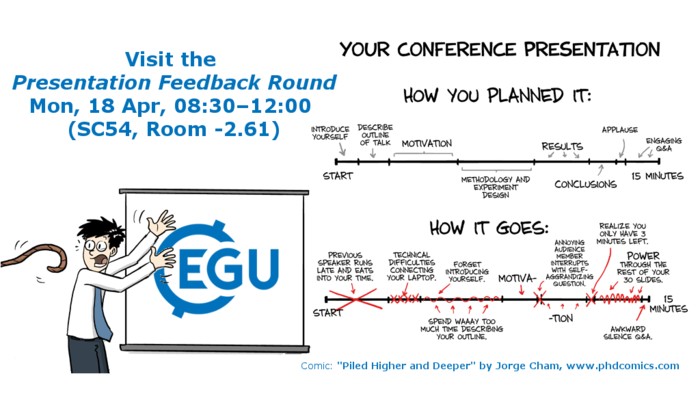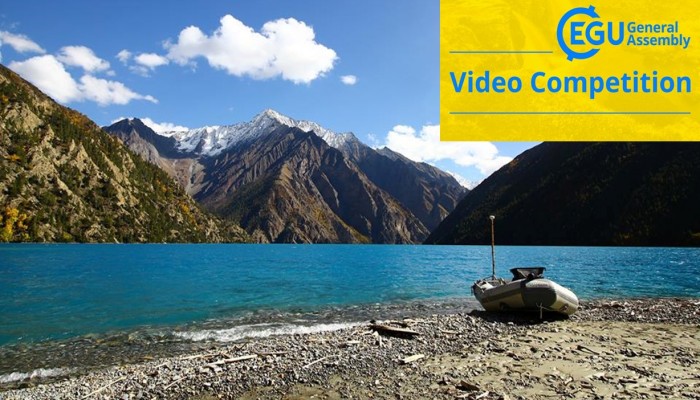Whether you’re an experienced attendee of the EGU GA, or this is your first time there are always things to look out for, it is always worth attending your division’s division meeting, one of the great debates, and keep an eye out for short courses which may be of interest to you. Here are the recommendations from the Biogeosciences Blogging team: The BG division meeting is Thursday from 12:15-13: ...[Read More]
If you didn't find what you was looking for try searching again.
Seismology
Some reminders for EGU-GA 2016
With only 10 days left for the kick off of the annual European Geosciences Union General Assembly (2016), here is a quick-list to go through in time for EGU. Please note that the Austria Center Vienna has implemented a new system of room numbers and level names. The major changes can be found here. First, read this page for information concerning activities for Early Career Scientists at the GA: h ...[Read More]
GeoLog
Making a poster or PICO presentation: top tips from the Outstanding Student Poster and PICO (OSPP) Award judges
Every year at the General Assembly hundreds of students present their research at the conference with a lot of time and effort going into preparing these presentations. With the aim to further improve the overall quality of poster presentations and more importantly, to encourage early career scientists to present their work in the form of a poster, the OSP Awards (as they were formerly known), wer ...[Read More]
Geology for Global Development
GfGD at the EGU General Assembly 2016
The EGU General Assembly is an annual gathering of thousands of geoscientists from all over the world, taking place this year in Vienna from 17-22nd April. It has been a regular feature of my personal research calendar since 2012, becoming a great opportunity to also talk about GfGD and learn from others engaged in development activities. The EGU Programme includes 10,000+ abstracts, covering all ...[Read More]
Geomorphology
EGU 2016 events
Award lectures The Geomorphology Division awards the Ralph Alger Bagnold medal to individuals in recognition of their outstanding scientific contribution to the study of geomorphology, and also awards an Outstanding Young Scientists award to recognise remarkable scientific achievements in the field of geomorphology by an early-career scientist. This year’s winners are Niels Hovius, recipient of th ...[Read More]
GeoLog
Short courses at EGU 2016
This year there are more short courses than ever to choose from at the General Assembly. You can supercharge your scientific skills, broaden your base in science communication and pick up tips on how to boost your career – be it in academia or outside. There are also a range of courses aimed at making your time at the conference easier, be sure to take part, especially if it is your first time! An ...[Read More]
GeoLog
Communicate your Science Video Competition finalists 2016: time to get voting!
For the third year in a row we’re running the EGU Communicate Your Science Video Competition – the aim being for early career scientists to communicate their research in a short, sweet and public-friendly video. Our judges have now selected 3 fantastic finalists from the excellent entries we received this year and it’s time to find the best geoscience communication clip! The shortlisted videos wil ...[Read More]
Geodesy
Your scientific talk: mental breakdown or conference highlight?
After last years success, we’re again organizing a short course on presentation techniques. EGU GA 2016 participants who are interested in rehearsing their talk and getting feedback can sign up of for a rehearsal here (deadline 31 March 2016). Of course we welcome and encourage contributions from all divisions. You can feel it coming, sometimes it kicks in days before your talk, at other tim ...[Read More]
Seismology
The publication circle
In this and upcoming posts guest writer Kathrin Spieker will share her thoughts and experience about how to improve writing skills specifically aimed for publishing in scientific journals. Kathrin is a young seismologist who has recently started publishing her research as part of her PhD study. In this little series, I will talk about the three main parts of scientific publication. The first part ...[Read More]
GeoLog
GeoTalk: Meet Zakaria Ghazoui, winner of the Communicate your Science Video Competition in 2015!
If you’ve not heard about our Communicate Your Science Video Competition before it gives early career scientists the chance to produce a video up-to-three-minutes long to share their research with the general public. The winning entry receives a free registration to the General Assembly the following year. In this GeoTalk interview, Laura Roberts talks to Zakaria Ghazoiu, a PhD student whose video ...[Read More]

